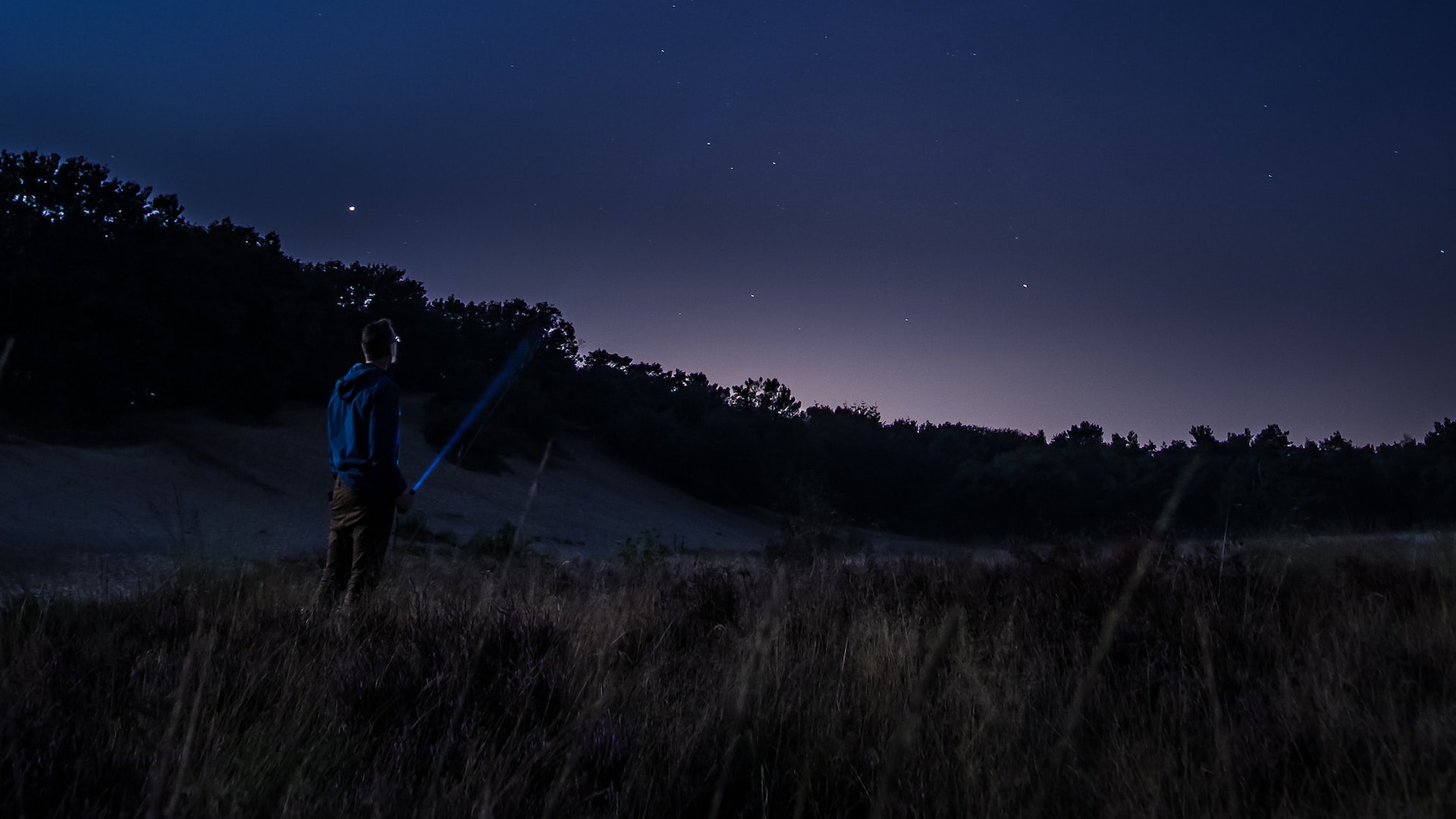It would be a strange man who would meet a woman, pursue her, marry her, and then immediately establish a pattern of ignoring her. It would make little sense for him to marry someone he has little intention of continuing to get to know, of continuing to build relationship with. It would make for many wasted years if he sat cold and silent until their twentieth anniversary before finally beginning to open up, to finally draw her out. Their relationship would inevitably have suffered grievous harm through his cold indifference.
Yet there are many people who come to faith in Christ, who build a relationship with him, who pledge allegiance to him, who are baptized and received into the church, but who then quickly go stagnant. They are slow to establish the habits and patterns that will cause their relationship to grow and to thrive. They fail to implement the disciplines of reading and prayer through which they will speak to God and God to them. They fail to commit to a local church where they can increase their knowledge of God and love for God, and where they can learn how to love others in the way Christ has loved them. They, like that husband, accumulate many wasted years—years in which they could have gotten to know the God they love.
It comes as no great surprise when the faith of such people fails to thrive or even to survive in times of trial and trauma. It comes as no surprise when their faith proves unequal to the inevitable challenges that come to all of us who live in this world of woe.
You may set out on a camping trip when the sun is high in the sky and the day still long, and it may then seem silly to carry a flashlight with you—to ensure that the batteries are charged and bulb still bright. But it will not be long before night falls and darkness looms under the dense trees of the forest. And this is when your preparation will prove itself, for this is when you need a lamp for your feet and light for your path.
And just so, it is when we encounter deep sorrows and losses that we are most thankful to have fostered a relationship with the Lord. It is when we are in the dark valley that we are most thankful to know the Good Shepherd, when we are in the deepest distress that we are most grateful to know the great Healer, when we are in the greatest agony that it’s most needful to know the great Physician. It is in these times that it proves so important to have established and fostered a relationship with the Lord.
Ideally, trials are not the time to construct a relationship but the time to lean upon an existing one.
Ideally, trials are not the time to construct a relationship but the time to lean upon an existing one. Ideally, trauma is not the time to begin trying to understand how God is present in our pain, but the time to lean into what we already know to be true. Ideally, darkness is not the time to begin groping around for a light, but the time to depend upon the light you have been carrying with you all along.
And so the call upon each of us is clear. We must not waste the days when we may feel little need for God, we must not neglect the times when we may feel little desire to build a relationship with him. It is when things seem to be at their best that we need to plan for the worst, when all seems to be gain that we need to prepare ourselves for loss.










